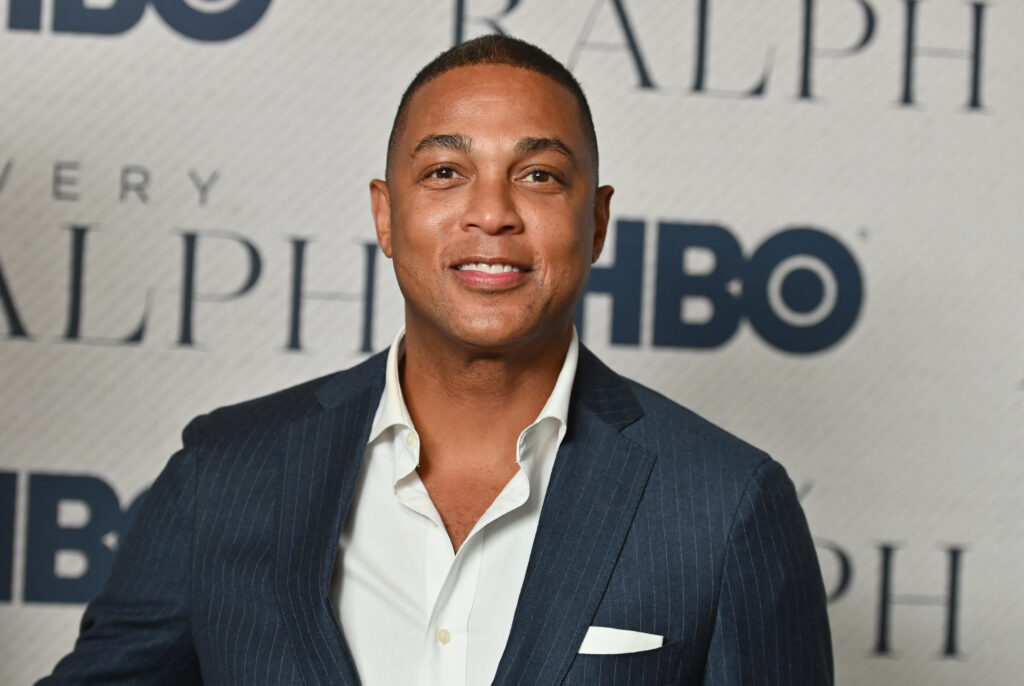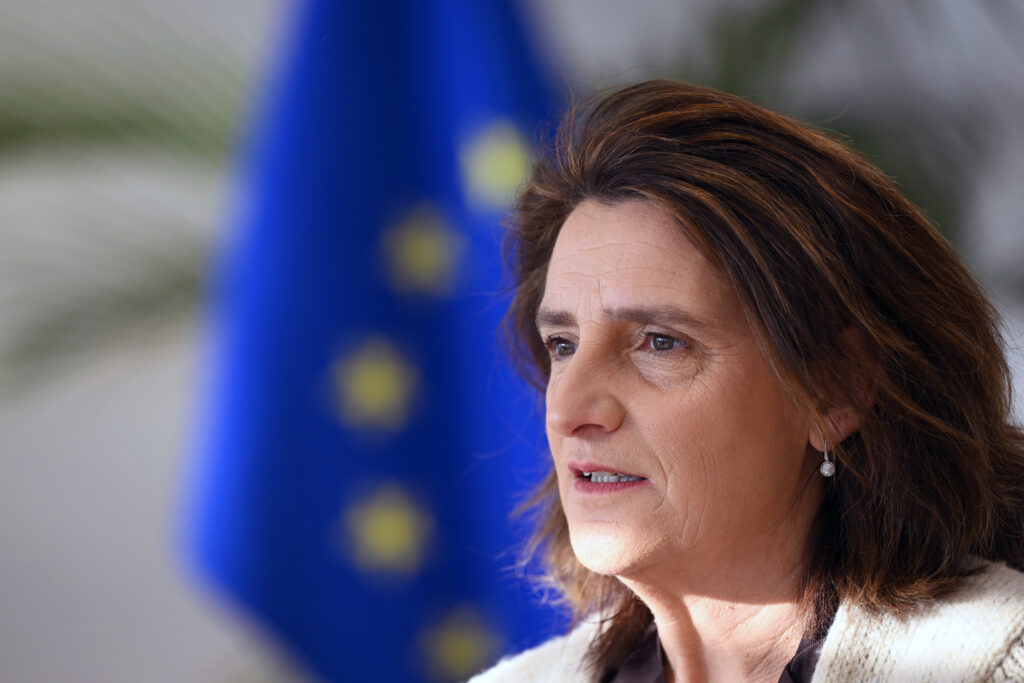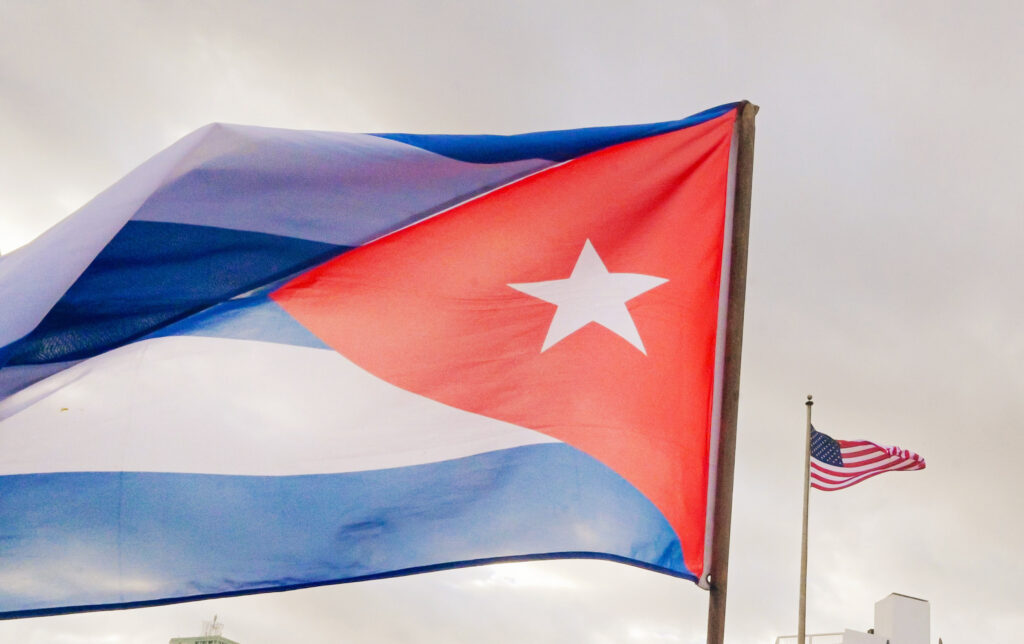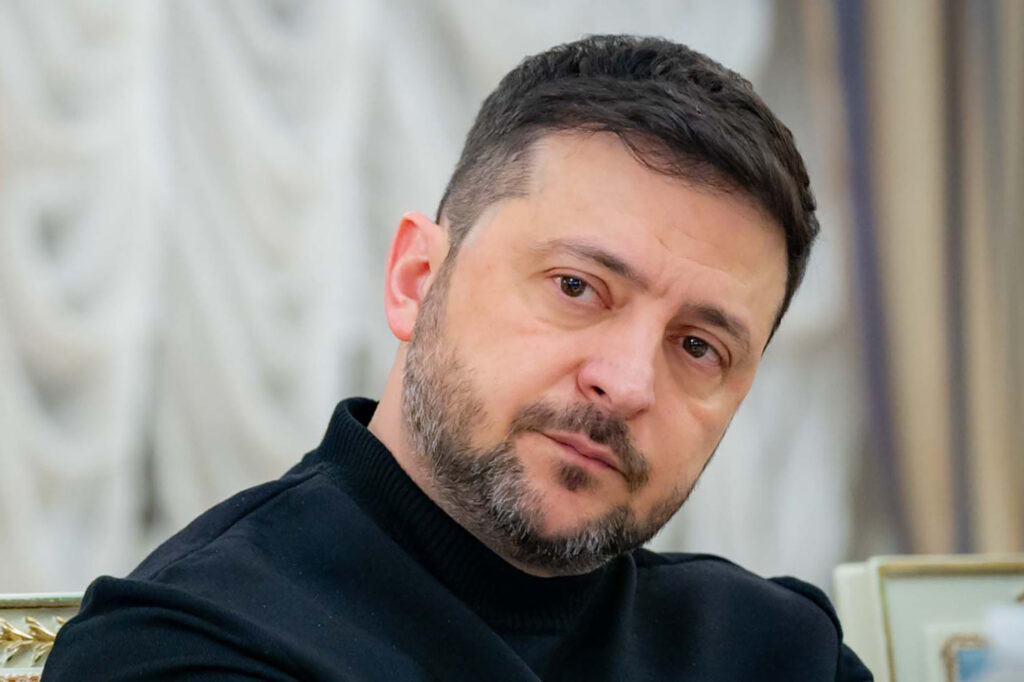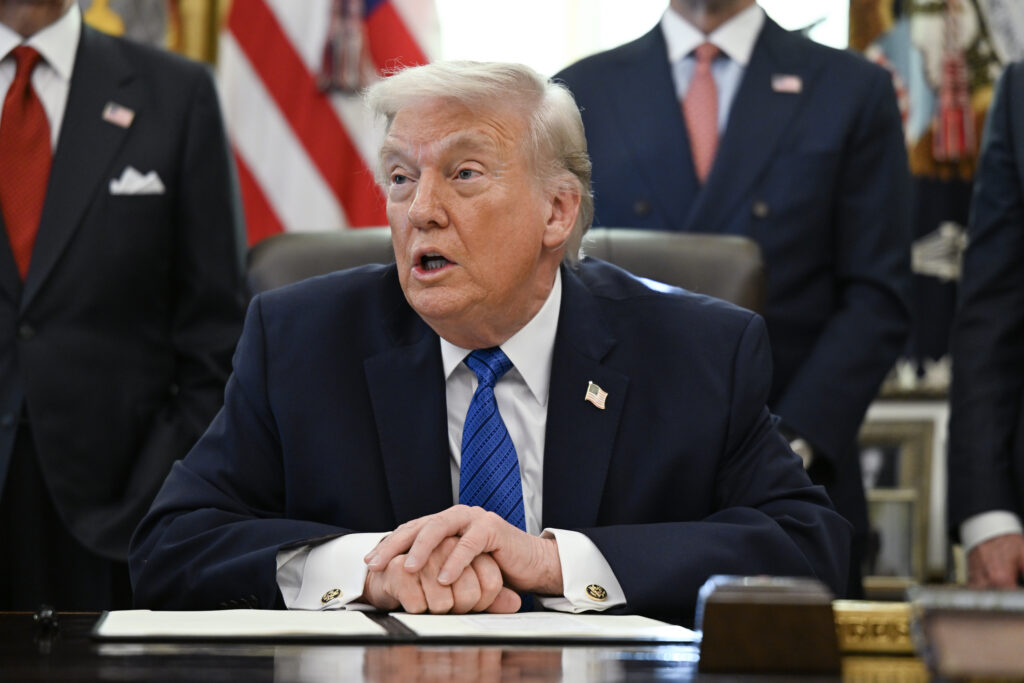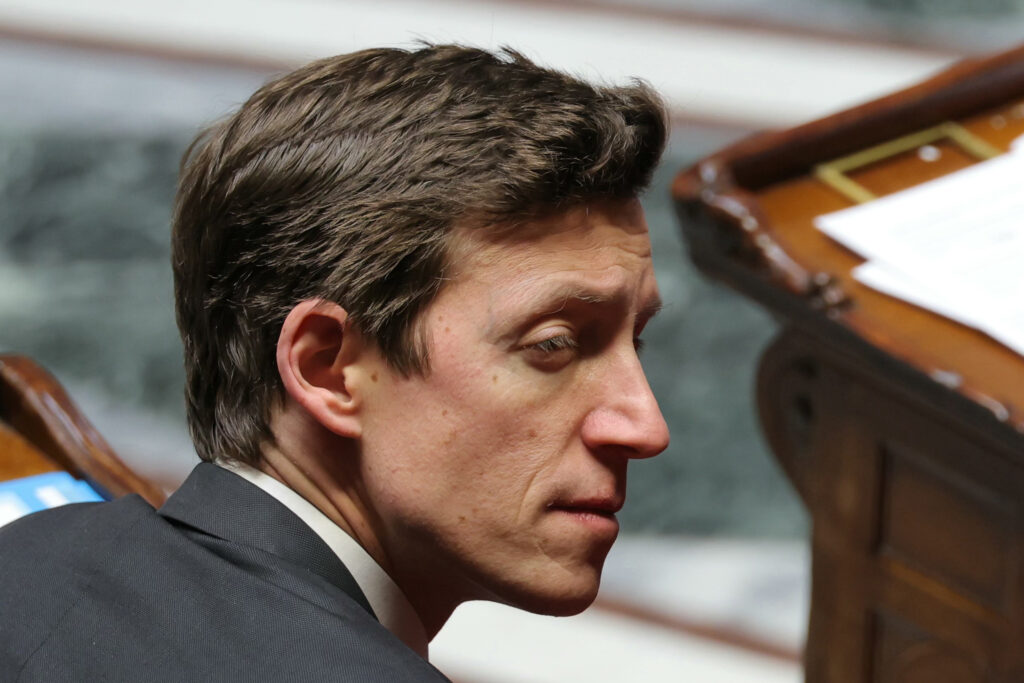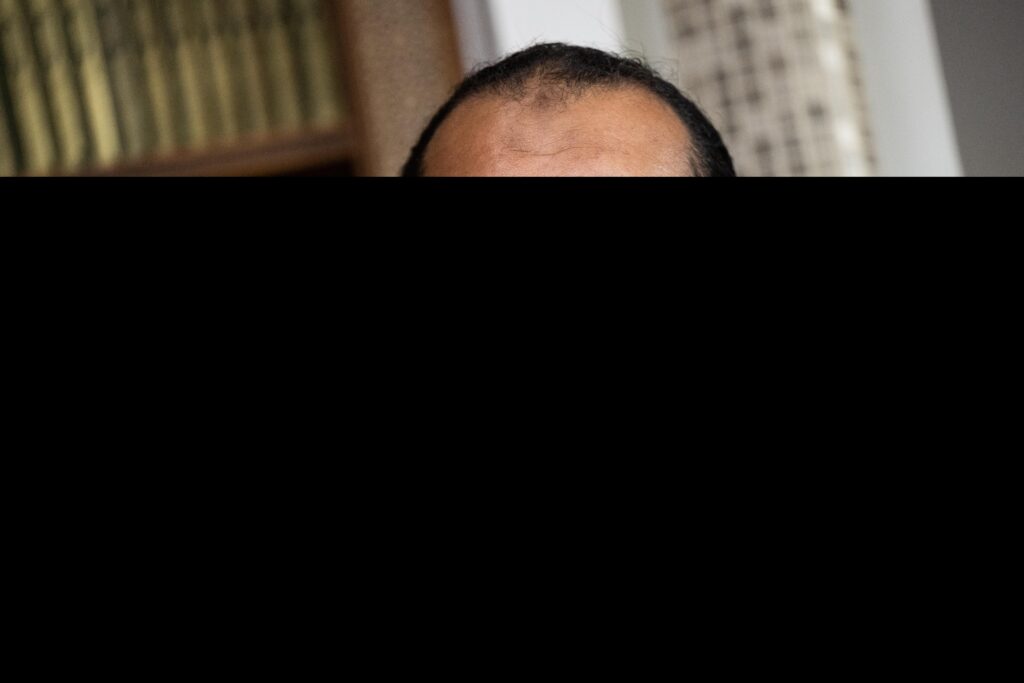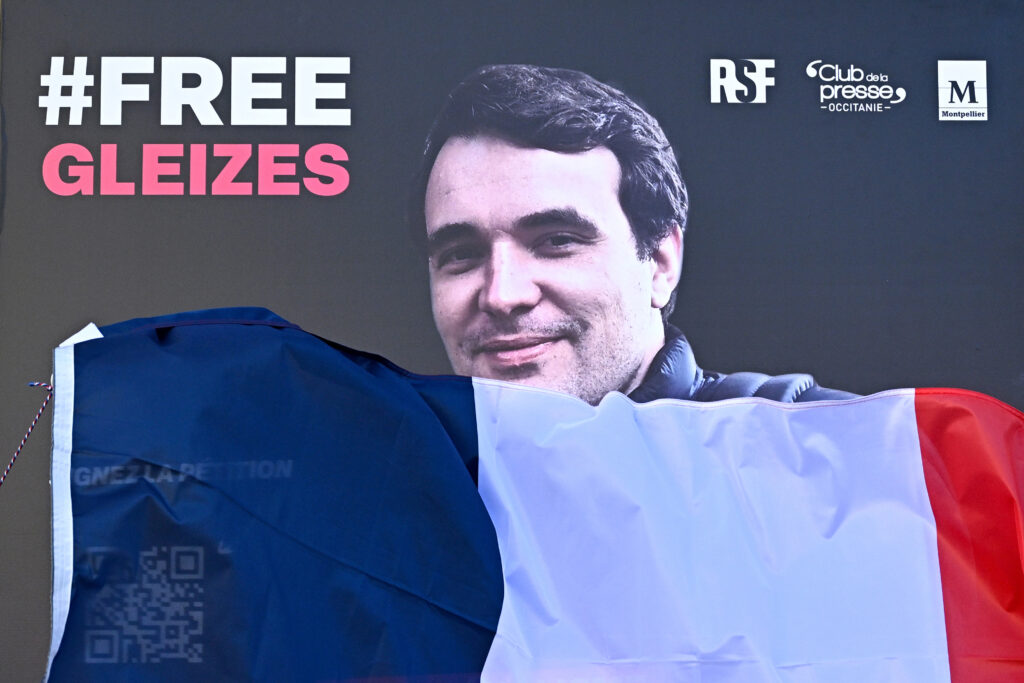US charges prominent journalist after Minneapolis protest coverage
The Trump administration on Friday charged a prominent journalist with civil rights crimes over coverage of immigration protests in Minneapolis, as the US president branded a nurse shot dead by federal agents in the city an “agitator.”The arrest of former CNN anchor Don Lemon came as President Donald Trump walked back his conciliatory tone following public outrage over the killings of Alex Pretti and another American citizen in the Minnesota city.Attorney General Pam Bondi said that Lemon and several other people had been arrested “at my direction” in connection with what she called a “coordinated attack” on the Cities Church in St. Paul, the twin city of Minneapolis.Lemon, now an independent journalist, was among reporters who covered a protest at the church where an Immigration and Customs Enforcement (ICE) official is a pastor.The journalist’s lawyer said he was taken into custody in Los Angeles overnight, adding that his work covering the protest “was no different to what he has always done.”He faces two charges of conspiracy to deprive rights and interfering with First Amendment rights, a Department of Homeland Security spokesperson told AFP, referencing the constitutional protection for freedom of expression, including religion.A magistrate judge in Minnesota declined last week to allow prosecutors to charge Lemon.Political figures and media advocates condemned Lemon’s arrest, with Democratic House Minority Leader Hakeem Jeffries calling for his immediate release.”This is an egregious attack on the First Amendment and on journalists’ ability to do their work,” said Committee to Protect Journalists CEO Jodie Ginsberg.- Civil rights probe -Trump took to Truth Social meanwhile to describe Pretti, the 37-year-old nurse gunned down on Saturday, as an “agitator and, perhaps, insurrectionist.””Alex Pretti’s stock has gone way down with the just released video of him screaming and spitting in the face of a very calm and under control ICE Officer,” Trump wrote.Footage shared online this week allegedly shows Pretti in a scuffle with federal agents 11 days before he was shot dead.AFP could not immediately verify the footage, in which a man said to be Pretti is seen kicking and breaking the taillight of the agents’ car before they emerge and tackle him to the ground.In Minneapolis, some residents were unstirred by the new video.”So the guy kicked a car’s light, does that mean he deserved to die?” Pedro Wolcott, a Latino sandwich shop owner, told AFP. The Justice Department has opened a civil rights investigation into Pretti’s death, Deputy Attorney General Todd Blanche told reporters Friday. The White House had scrambled to stem widespread criticism over Pretti’s killing, which came weeks after Renee Good, another US citizen and mother of three, was fatally shot by agents.- Government shutdown -Trump had claimed he wanted to “de-escalate a little bit” in the fallout of the killings and appointed a new point man in Minneapolis, top immigration adviser Tom Homan.Homan said that “certain improvements could and should be made,” a marked difference in tone from his predecessor on the ground, combative Border Patrol commander Greg Bovino.He also said his staff was “working on a drawdown plan” for some of the more than 3,000 federal agents, if there was greater cooperation from the local authorities in the Democratic-run city.The two agents involved in Pretti’s shooting have been placed on leave, and Homan said any federal agents who breach standards of conduct “will be dealt with.”Backlash over the deaths of Pretti and Good has landed in Congress, just before a government funding deadline.The Senate was edging closer to a vote on Friday to limit the effects of a government shutdown set to begin at midnight.Democrats have drawn a red line around funding for the Department of Homeland Security, demanding it be stripped out and renegotiated to impose new constraints on immigration enforcement agencies.
